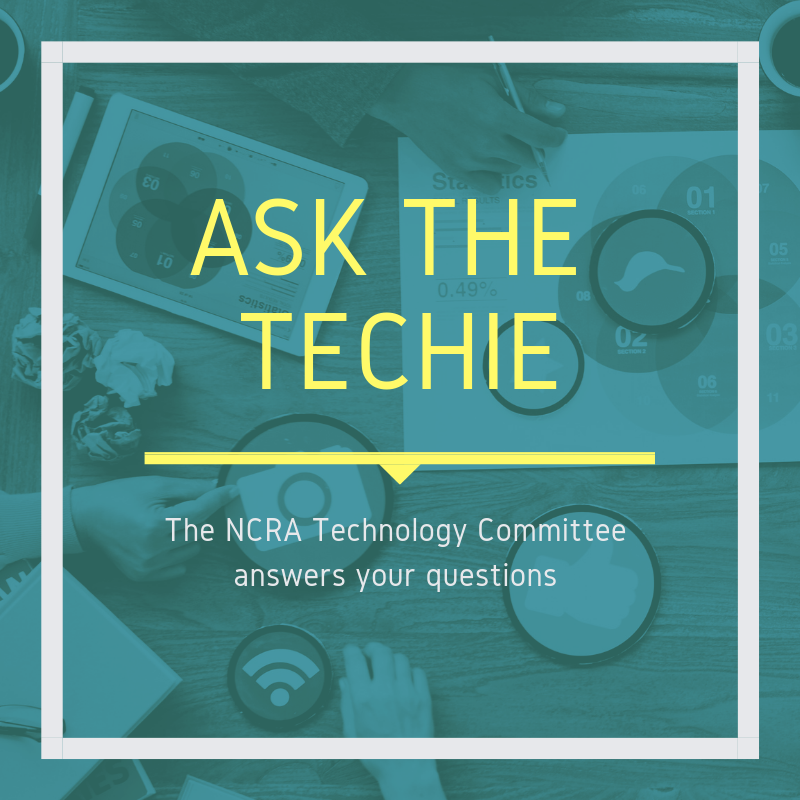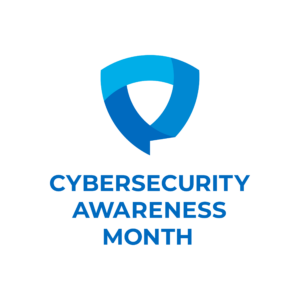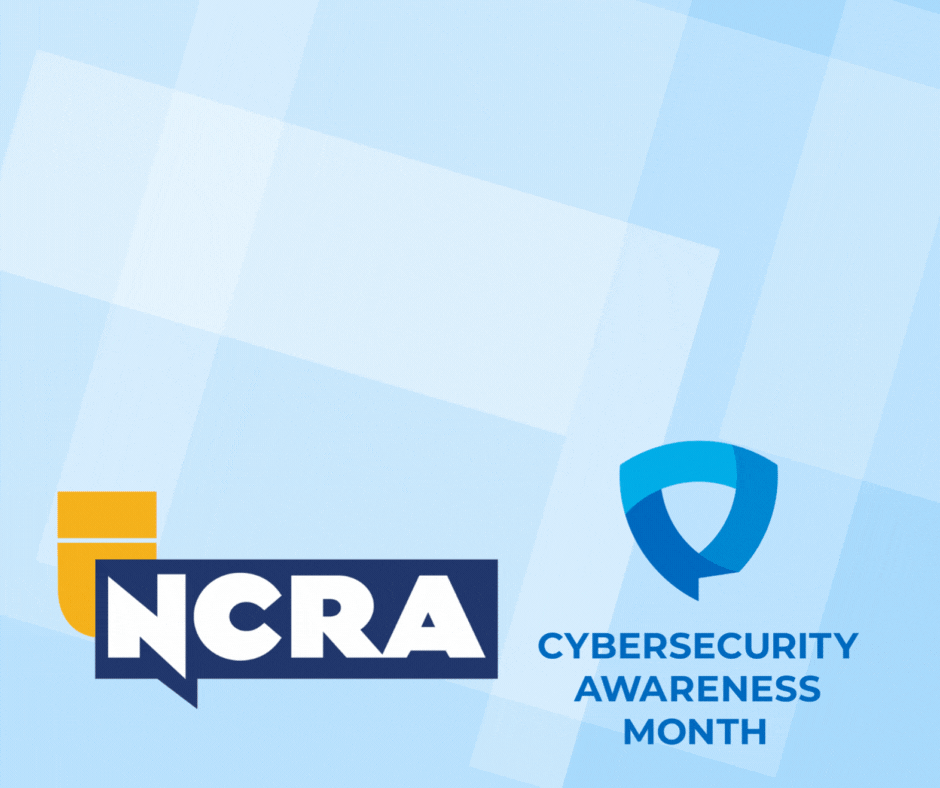
The NCRA Technology Committee is taking your questions on topics surrounding realtime and technology. Send the questions you want the Technology Committee members to tackle to jcrfeedback@ncra.org.
Dear Techie:
I am a freelance court reporter, working on a three-week trial that requires realtime and realtime streaming.
Here’s my setup:
- Seven iPads in the courtroom for counsel and experts who are assisting counsel
- Those who are not at sidebar for the voir dire of prospective jurors are relying on realtime and realtime streaming to assist in jury selection.
- The judge is allowing only one attorney from plaintiff’s team and one counsel for each of the two defendants at sidebar to question the prospective jurors.
During the second day of jury voir dire, one of the prospective jurors filed a complaint that, as they were sitting in the rows behind counsel table, they could read the iPad screen with the responses to the personal questions that were being asked of the jurors. Many of these jurors were relaying personal information about their health and the health of their family members.
As a result, the attorneys/experts were asked to lay their iPads flat on the table in front of them so that nobody around them could read the information that was being translated onto their iPads.
Is there any advice you can offer?
Securing the realtime in court
Dear Securing:
That is a great question, and it seems that the judge worked out how to best handle the situation.
That said, how this situation is handled is likely to vary from state to state and jurisdiction to jurisdiction. Work with the judge to determine how to handle any similar issues, or, in cases that a judge is not present, the representatives of the parties.
We polled members of NCRA’s Technology Committee to see if they had any thoughts on your situation.
A freelance reporter who frequently works in court shared that when proceedings are held at the bench she enables the bench mode on her software — just on the rare chance that a jury would be able to read the screen. She’s explained her reasoning to counsel, and they have agreed with the logic. She also tilts the laptop screen to make viewing difficult for anyone looking over her shoulder, and she makes sure to lock the screen when on break.
She noted that, in the situation in question, the attorneys also had the burden of knowing and ensuring that sensitive and/or confidential information was secure and not visible to others around them. They have ethical duties of securing information as much as the court reporter does. The attorneys could easily lay the iPads flat on the table.
Another realtime reporter noted that, especially since the attorneys are likely to be paying for and receiving the feed, the responsibility to protect the privacy of information should fall on their shoulders. The reporter’s job is simply to provide the service; how the attorneys handle the feed is their responsibility.
An official on the committee said that her courtroom has been arranged so that the exhibit monitors face away from the jury and the attorneys face the jury. She also noted that exhibits are not placed on the jurors’ screens until they are admitted into evidence, and she closes the lid of her computer when she moves to take down a sidebar. The official felt that all of these habits reinforce that 1) it is important that the judge(s) and courtroom staff consider these issues when they organize technology within the courtrooms; and 2) when given iPads with realtime, the attorneys should bear the burden of figuring out viewing and placement so as not to accidentally give out confidential information.
For sidebars, a few of the reporters noted that most software offers a toggle on/off feature to stop the realtime feed from streaming to certain computers during bench conferences. Embedding the toggle into a parenthetical will help the reporter to prevent anyone accidentally viewing confidential material. However, they maintain that it’s still the reporter’s responsibility to make sure that his or her personal screen is down from viewing and, likewise, the attorneys probably should be responsible for theirs.
For extra reassurance, several reporters recommended making the judge and, if necessary, the attorneys aware of possible issues, even warning of the possibility of mistrial or that potential or actual jurors might take an unfavorable view of an attorney who is not careful with their information.













